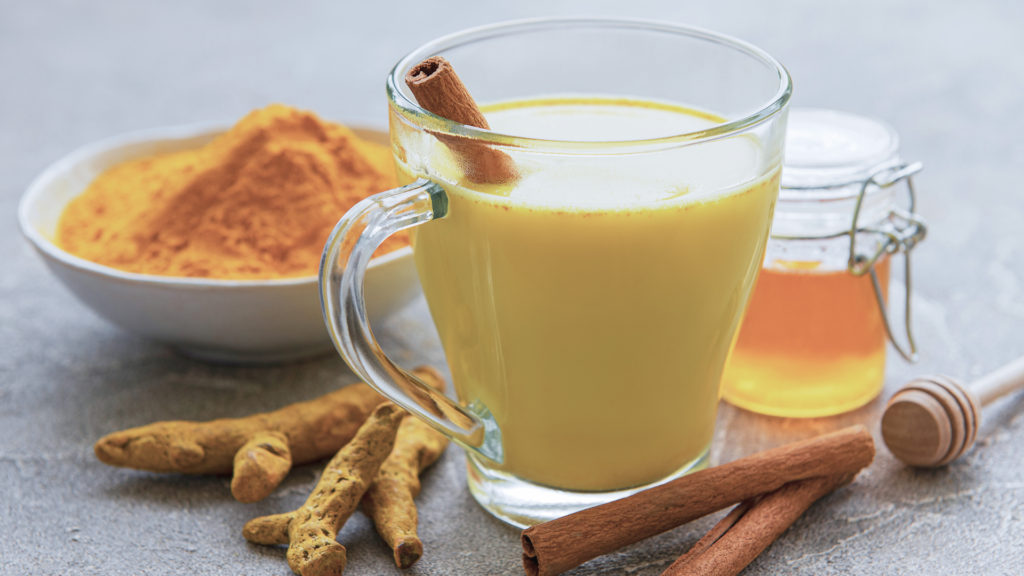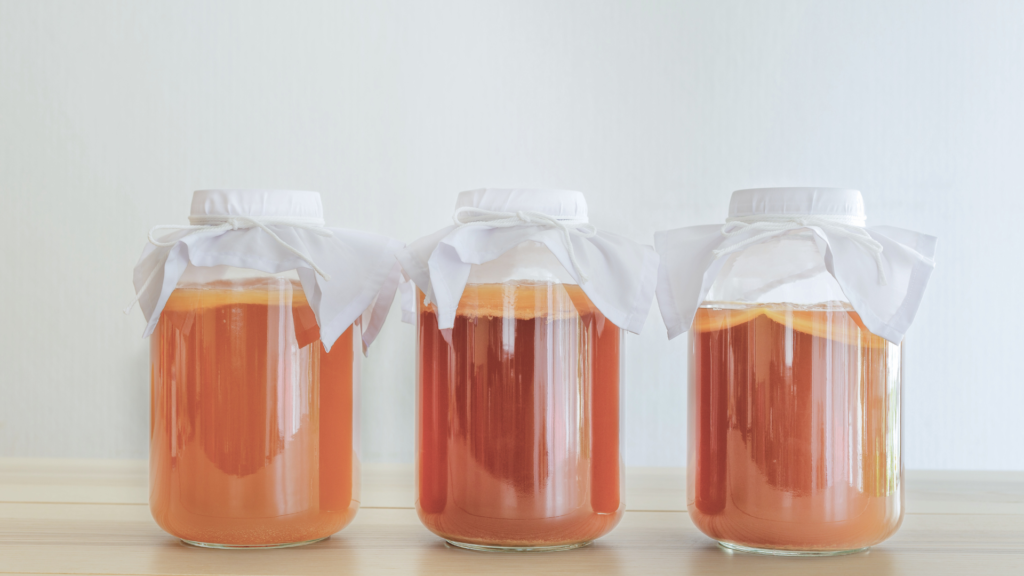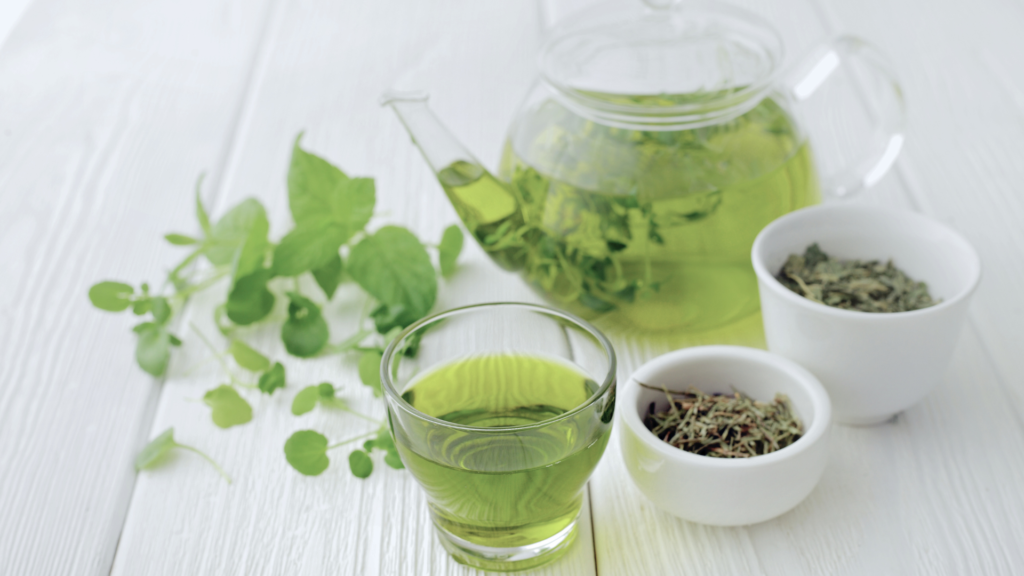When it comes to nurturing a vibrant and resilient digestive system, what you drink can be just as important as what you eat. It’s exciting to explore a variety of beverages that tickle your palate and bestow exceptional benefits to your gut health. Below, we journey through three distinct yet equally marvelous drinks that can serve as delightful allies in your quest for a balanced and happy belly.
Golden Milk

Imagine sipping on a warm, gently spiced drink that not only comforts your soul but also fortifies your digestive system. That’s the magic of Golden Milk – a luscious concoction rooted in ancient wellness traditions. This golden-hued elixir is crafted by gently heating your milk of choice and infusing it with a teaspoon of vibrant turmeric powder. Turmeric, the star ingredient, brings a treasure trove of antioxidant and anti-inflammatory gifts to your gut. Enhance the flavor and elevate the health quotient with additional spices and natural sweeteners, such as cinnamon, ginger, cardamom, black pepper (which aids in turmeric absorption), vanilla, or a drizzle of maple syrup. Much more than a trendy beverage, Golden Milk is a centuries-old remedy that supports your gut with every soothing sip.
Kombucha

Kombucha – the name itself conjures images of mystery and healthful alchemy. This effervescent, fermented tea has become a modern-day symbol of gut wellness, and rightfully so. Whether you venture into brewing it at home or choose a favorite brand from the store, Kombucha is more than just a refreshing drink. It’s a living beverage teeming with B vitamins and a symphony of probiotic bacteria, which dance in harmony to support your gut microbiome. If you’re brewing at home, the process starts with a SCOBY (Symbiotic Colony of Bacteria and Yeast) and results in a fizzy, slightly tangy delight that’s as enjoyable as it is beneficial.
Green Tea

Possibly the most subtle and serene of all gut-friendly beverages, Green Tea is a meditation in a cup – an invitation to pause, sip, and restore. Green tea is imbued with catechins, a group of antioxidant polyphenols renowned for their ability to foster a healthy gut microbiome. A daily ritual of green tea can gently support your digestive health while offering a calm yet focused energy. The simplicity of Green Tea belies its profound impact, making it a cherished beverage for any gut health enthusiast.
At the intersection of pleasure and wellbeing, these three beverages offer a taste of the abundant possibilities for supporting your gut health. From the aromatic allure of Golden Milk to the fizzy fun of Kombucha, and the tranquil tradition of Green Tea – there is a delightful drink to suit every mood and moment.
To a more healthy and vital you — let’s raise a glass to splendid gut health and the vibrant life it supports. And should you wish to dive deeper into the world of wellbeing, why not book a call?
Your journey to optimal health awaits.
If you found this insightful and want a personalized approach to improving your gut health, reach out and book a call with me. Let’s journey together toward a more vibrant and gut-healthy life!







